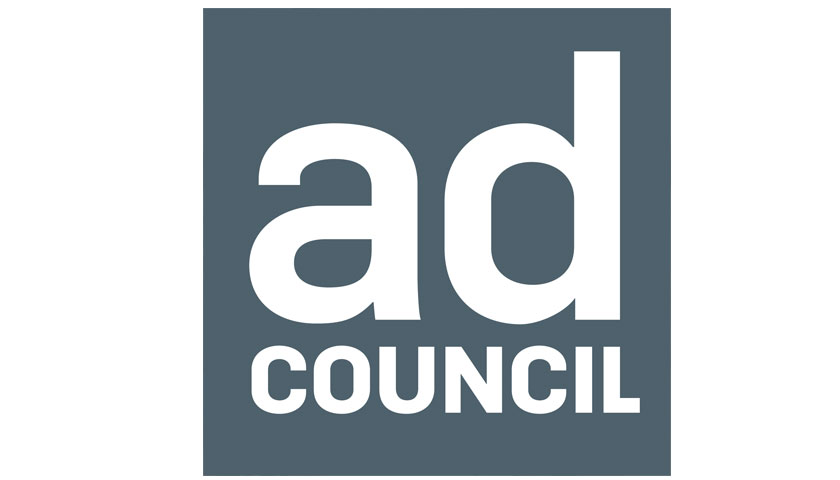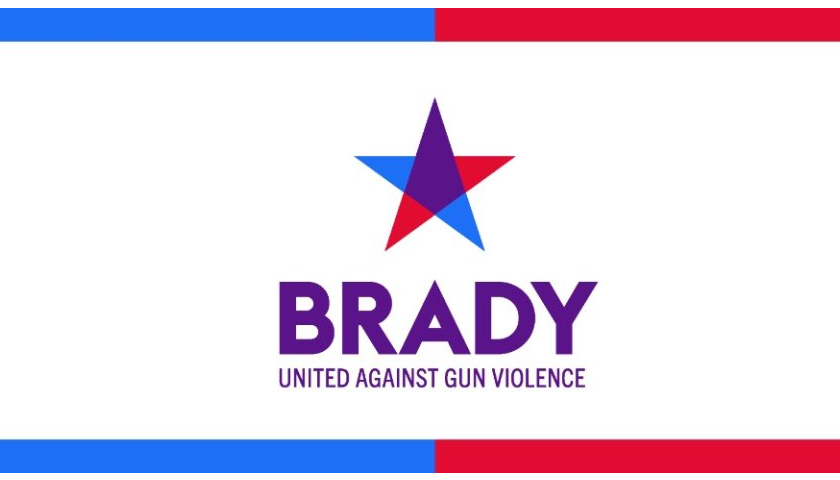The Ad Council Research Institute (ACRI), the research arm of the Ad Council, has revealed the findings of their new quarterly issue pulse study in partnership with Morning Consult, examining the most important social, economic and political issues of our current day. Revisiting what Americans care about across various demographics, including their values, attitudes and behaviors relating to these issues – and if or how they change over time – the survey will continue each quarter to provide a pulse check on what matters most to people throughout the country and what they are doing about it as major moments and changes in culture and the economy drive their passions. Results from the inaugural May 2022 survey found a distinct mix of issues like crime and healthcare, alongside social concerns like reproductive rights and the climate crisis were top of mind, in addition to detailed perspectives on race in America today.
“Americans are living in challenging times and it’s critical to understand where their priorities lie in the moment,” said Derrick Feldmann, lead researcher and managing director of ACRI and Ad Council Edge. “Our study reflects the increasingly fragile nature of an American’s attention. With so many issues to care about and so much information pulling a consumer’s focus, this pulse check on what people care about and where they are taking action allows us and other purpose-driven marketers to better understand how to reach and empower the general public to make an impact in this ever-changing world.”
While no single issue emerged as one that a majority – or even a plurality of Americans care most about – the top four issues Americans ranked as most important were: healthcare affordability and/or reform (16%), crime/violence (16%), climate change (15%), and women’s health & reproductive issues (14%). These top findings mirror what Americans read in the weeks leading up to when the survey was conducted (May, 20-25): a leaked opinion draft by the Supreme Court that foreshadowed an apparent strike down of Roe v. Wade, the Russian invasion of Ukraine continued, COVID-19 cases again began ticking upward, gun control debates abounded as the U.S. endured mass shooting after mass shooting, thousands in a historic New Mexico town were forced to evacuate amid oncoming wildfires and more.
Beneath the surface of the topline issues, the study revealed noticeable differences across age, gender and political affiliation. Contrary to general perceived notions, Boomers were more likely to prioritize climate change (34%) than Gen Z (17%) and Millennials (24%). Women’s Health and Reproductive Rights divided genders (20% of women select as top issue vs. 8% of men) and party identification (19% Democrats vs. 6% Republicans). Crime was prioritized by Republicans (20%) and Boomers (35%) the most, but a plurality (43%) of respondents who say crime is a top issue, ranked it as the least important of their three.
However, when it comes to taking action, roughly a third (35%) of Americans have not taken any steps in support of their top issues in the 30 days prior to taking the survey. Those who did were most likely to learn about a cause or social issue (20%) or sign a petition (17%).
“Decisions are undeniably better when informed with knowledge of what people think, why they think it, and its influence on their actions,” said Kyle Dropp, co-founder and president of Morning Consult, who also serves on the Ad Council’s Board of Directors. “There is no one-size-fits-all messaging for leaders today, so understanding consumers’ pulse on today’s issues is critical to their decision making.”
In addition to monitoring which of forty issues Americans currently care about, the study will also take a deep dive into one specific issue of cultural importance to unveil current points of view. The inaugural study probed respondents on their perspectives on race in America. Most notably, a third of US adults (33%) believe they have been personally discriminated against or have been treated unfairly because of their race or ethnicity. Respondents of color are especially likely to say this is true, including 57% of Black and 47% of Hispanic adults. About a quarter (26%) of white respondents say they have been discriminated against because of their race or ethnicity. U.S. adults are also split (30% v. 30%) on whether being Black in America has an impact on people’s ability to succeed. More Black adults say being Black has a positive impact (39%) than a negative impact (32%), while white adults are split 29% vs. 29%.
Over half (55%) of adults say race relations in the US are bad. Those who have experienced discrimination (64%) are more likely to say race relations in the US are bad. Despite this, Americans are split on how much attention is being paid to racial issues – 38% say too little attention is being paid to racial issues in our country and 32% say too much attention is being paid.
As the focus on individual causes and related actions continue to fluctuate for Americans – especially as it mirrors current events – ACRI and Morning Consult will continue to examine how these passions evolve and what factors within specific issues influence people to become more engaged, allowing for purpose-driven marketers and brands to better connect with and motivate audiences. The first of ACRI and Morning Consult’s quarterly pulse check study can be found in full here.
ACRI most recently published a benchmark new study, Who Do We Trust With Our Lives?: The Trusted Messenger Study, unveiling America’s most trusted messengers, where they have the most impact in driving change for social and societal issues and how they fit into the larger trusted messenger ecosystem. The Institute provides a variety of services, ranging from public sentiment, knowledge and behavior studies; message and narrative testing; influencer and trusted messenger insights; and campaign performance measurement and optimization. Topics for future ACRI research include civic engagement; workforce wellbeing; food insecurity; health access and equity; unity, misinformation and polarization; and racial inequity. All research is guided by the Institute’s core principles of empathy, pragmatism and collaboration, delivering results that are both authentic and actionable.
For more information about ACRI, visit www.adcouncil.org/ad-council-research-institute.


